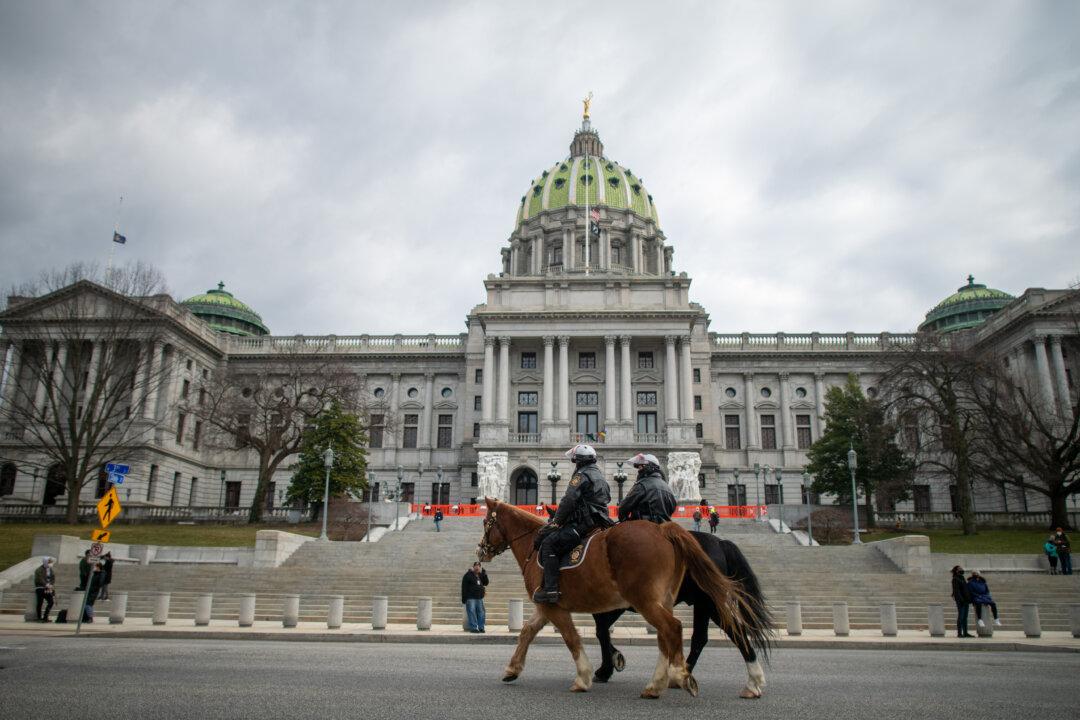A Pennsylvania House Democrat has introduced a plan to change the state election code to require ranked choice voting in some Pennsylvania elections.
State Rep. Christopher Rabb’s legislation would include all local and county elections, such as mayor, township supervisor, county commissioner, magisterial district judge, and judge of the Court of Common Pleas, among other positions.





